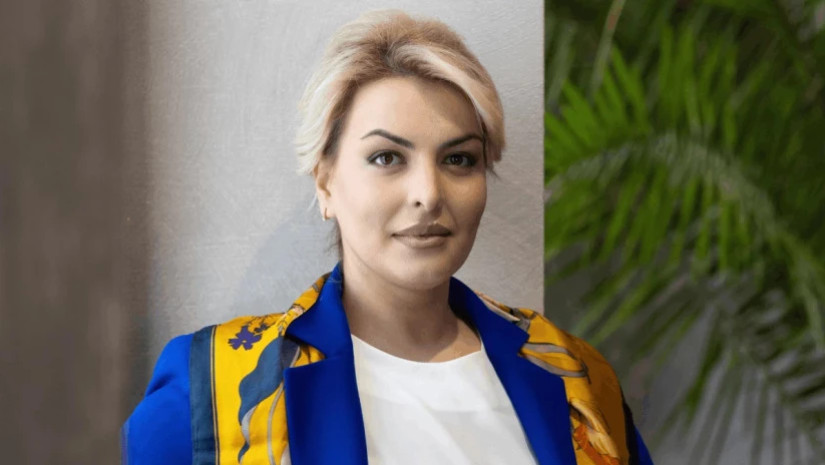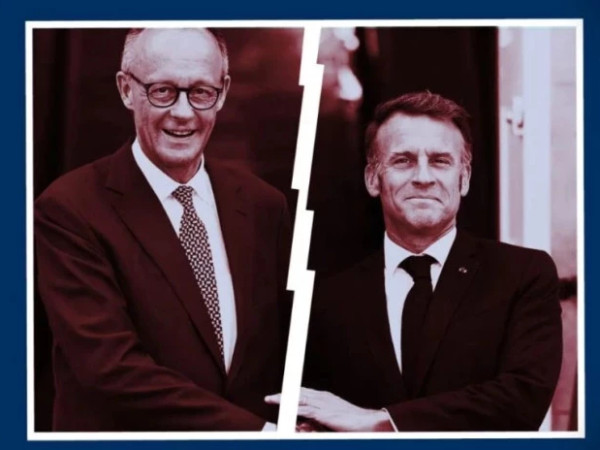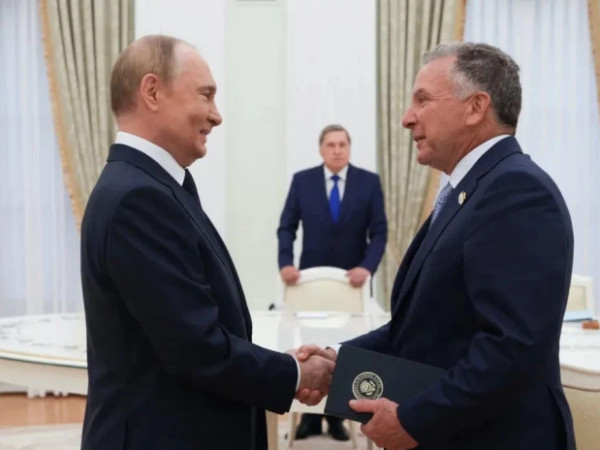In the morning program of the radio station Commersant, lawyer, civil rights specialist Gvantsa Zhorzholiani spoke about the President’s initiative to hold a referendum on the country's European future.
The lawyer explained, based on the legislation, when is it appropriate to hold a referendum and what is needed for this?
"Referendum is an event in which the people of a county vote for or against a law that deals with a specific issue. This is a mandatory referendum.
The difference between a referendum and a plebiscite is that the decision made in a referendum is binding, while plebiscites are like surveys that allow voters to voice their opinion about proposed changes.
A referendum, like an election, is a general secret ballot, and citizens who have reached the age of 18 years have the right to participate in it.
According to the law, a referendum is not held to pass or repeal a law, accept or repeal an amnesty, to ratify or denounce an international treaty, as well as it is not held on issues that violate human rights. The referendum is called by the President of Georgia, but it requires the Prime Minister’s signature,” Gvantsa Zhorzholiani notes.
According to her, the referendum can be held on the territory of the country over which the jurisdiction of the Georgian government extends, and the argument that the referendum cannot be held due to the occupied territories is unfounded. Finally, the Prime Minister's signature is still required.
“A referendum shall be held throughout the territory of Georgia. That is required. Here jurists are divided as to what all Georgian territory means. Mr. Mamuka Mdinaradze wrote that a referendum isn't possible because it would have to be held across all Georgian territory, and currently 20 percent is occupied. I would like to clarify and answer him that the whole area is a territory over which the control of the central government extends and in which it can be held.
The term - whole territory is used in various laws, for example, to declare a state of emergency, when this decision must be extended to the entire territory, during elections, election campaigning can be carried out throughout the territory that means the entire territory over which the jurisdiction of the Government of Georgia extends.
Therefore, Mr. Mamuka Mdinaradze’s statement about the impossibility of holding a referendum is devoid of reasonable thought. The last referendum in our country was held in 2003, when a part of it was occupied and the population supported reducing the number of members of parliament, and since then the number of members of parliament has been reduced to 150,” the lawyer says.
Gvantsa Zhorzholiani spoke about Salome Zurabishvili’s initiative and the government’s position in this regard.
“The President of Georgia has called on the citizens to collect signatures. According to the Georgian Constitution, the president may, at the request of the parliament, the government, or at least 200,000 voters, call a referendum on issues defined by the Constitution and the law within 30 days of the request. An initiative group can be created, the Central Election Commission can agree to hold a referendum. The President knows that in the end the Prime Minister’s signature is needed. If the Prime Minister does not sign, it will create nihilism in society.
The President also named the question for the referendum - whether the country wants to join the European Union and not to be under the boot of Russia. This is a bit ambiguous, since she knows well that Article 78 of the Georgian Constitution states that all state bodies are obliged to do everything in their power to join the European Union and the North Atlantic Organization.
As for the issue of the whole territory, the government and authorities may still continue to say that it’s impossible to hold a referendum in the entire territory, I’d like to explain here and remind them that a referendum was held in 2003. Also, Mr. Prime Minister has published a book in which he writes about constitutional law; when Mr. Giorgi Margvelashvili raised the issue of a referendum in 2014 whether to include in the constitution that the family is the unity of a man and a woman, Margvelashvili vetoed precisely on the grounds that 20% is occupied, then Irakli Kobakhidze said that this is a violation of the constitutional norm as holding it in the entire territory did not mean that Georgia had to be united by that time but meant the territory over which the jurisdiction of Georgia extended," Gvantsa Zhorzholiani stresses.


















